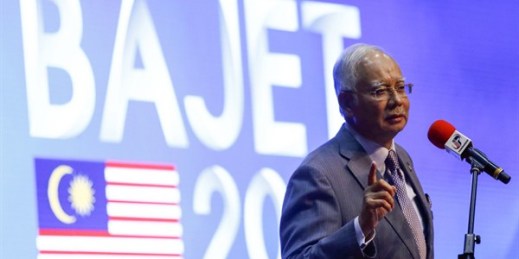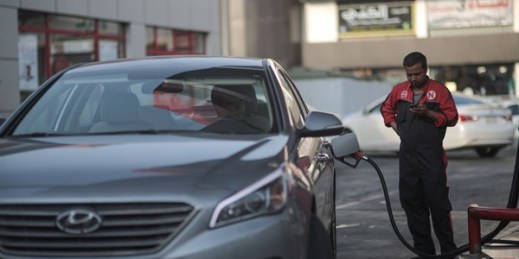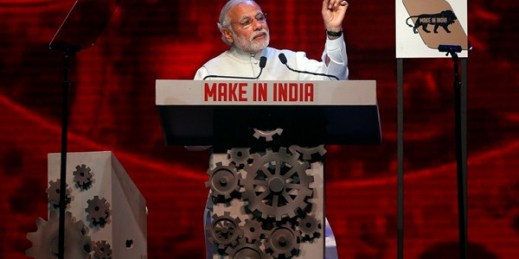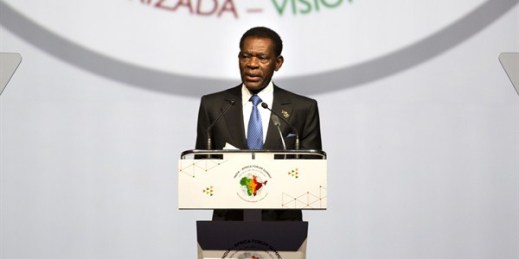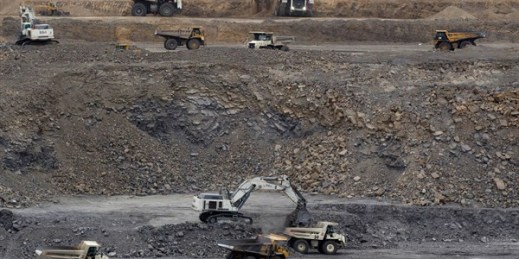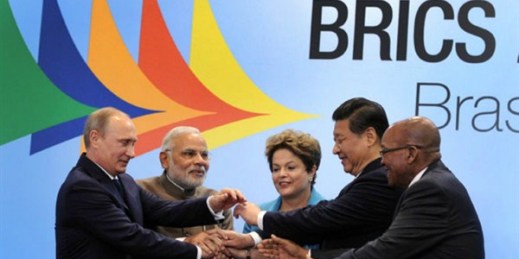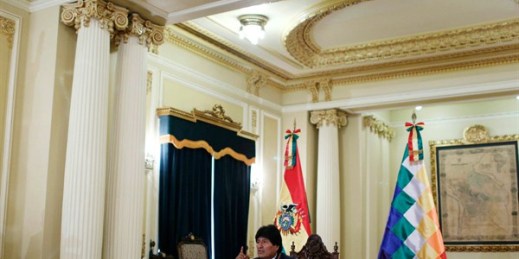
On Sunday, Feb. 21, Bolivians rejected a referendum that would have allowed long-serving President Evo Morales to run for a fourth term in office, continuing a recent trend across Latin America of citizens voting for change. As the country’s first president of indigenous descent in a nation where between 40 percent and 62 percent of the citizenry self-identify as indigenous, Morales remains popular but is term-limited and must leave office in 2019. The president anticipated victory. What he did not factor in, apparently, was being overtaken by Latin America’s anti-incumbency wave. Since his first election in 2006, Morales has assiduously […]

